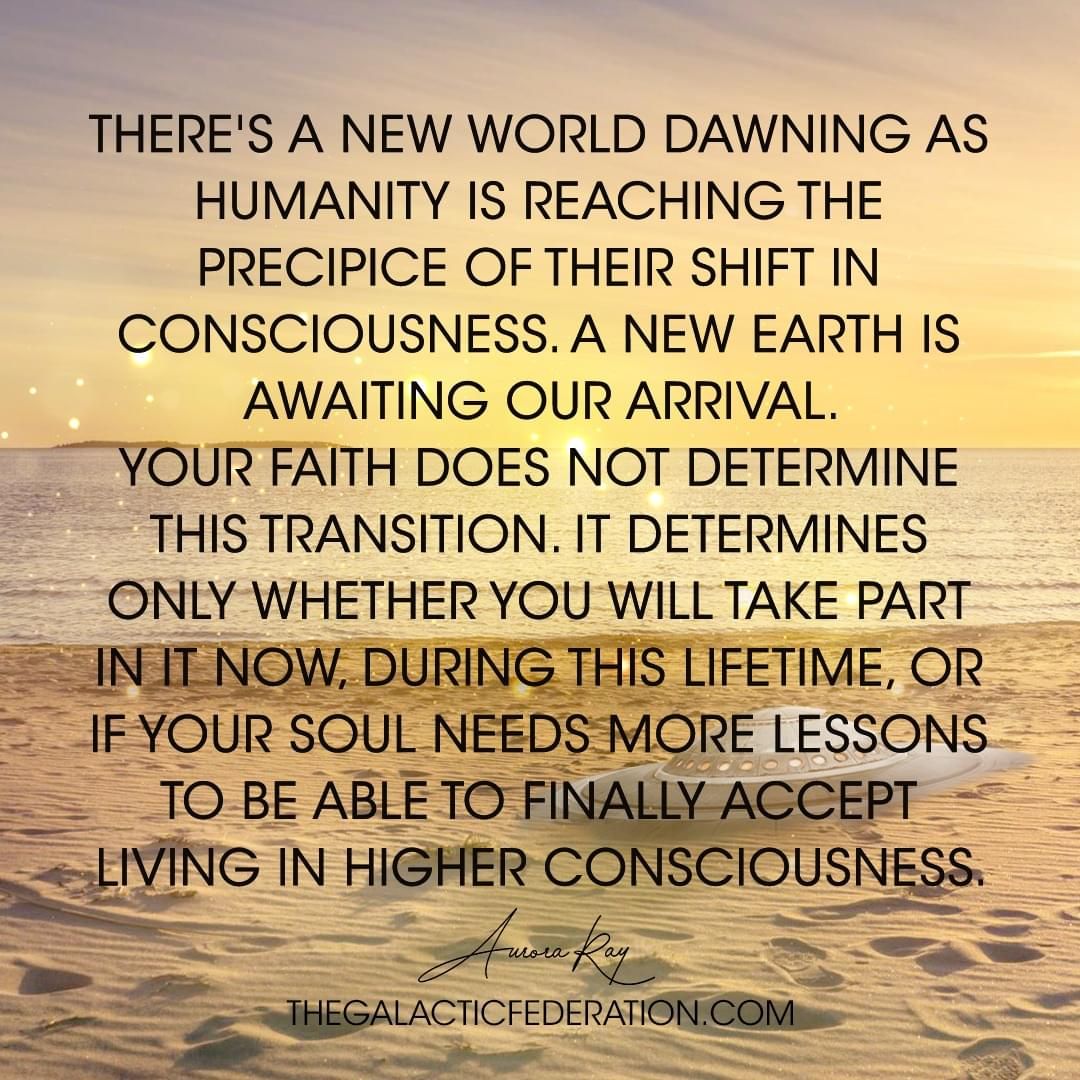The Bahá’í teachings articulate a profound vision of the unification of humanity, heralding what is often perceived as a transformative epoch in the annals of human civilization. This concept extends beyond mere tolerance of diversity; it encapsulates a grand synthesis of spiritual principles aimed at harmonizing the myriad cultures, traditions, and beliefs that populate our globe. In an age characterized by fragmentation and discord, the Bahá’í emphasis on unity serves both as a clarion call and a guiding tenet for a world on the precipice of change.
Central to the Bahá’í doctrine is the notion that the unification of humanity is not simply an ideal to aspire to, but an imperative for survival. Humanity faces unprecedented challenges that threaten to undermine the very fabric of society—climate change, economic inequality, and widespread injustice. The Bahá’í teachings suggest that these crises can only be surmounted through collective action, compassion, and an unwavering commitment to the common good. This perspective represents a shift in how we envision human interconnectedness: not just as a series of interactions among disparate groups, but rather as a unified entity working toward shared aspirations.
The concept of the oneness of humanity posits that all individuals are part of a greater whole. This perspective challenges prevailing ideologies that promote divisiveness, whether through nationalism, sectarianism, or other forms of exclusion. In emphasizing the interconnectedness of all people, the Bahá’í teachings advocate for a global consciousness that prioritizes the welfare of all over individual or collective self-interest. Such a shift in perspective is not merely philosophical; it catalyzes action—inviting communities to transcend their differences and engage in productive dialogue aimed at understanding and cooperation.
In a practical framework, the Bahá’í approach to societal transformation involves several key methodologies essential for fostering unity. First is the principle of consultation, which embodies a collective decision-making process that promotes the inclusion of diverse voices and perspectives. Consultation encourages individuals to lay aside personal biases and preconceived notions, thus allowing for the emergence of original ideas and solutions. This practice serves as a microcosm for broader human interaction, preparing communities to engage in debates that are respectful, constructive, and enriching, thereby nurturing an atmosphere conducive to unity.
Moreover, the Bahá’í teachings assert that education plays a pivotal role in the unification of humanity. An educated populace is better equipped to recognize the interconnectedness of global issues, contributing to a more cohesive societal fabric. Bahá’ís are encouraged to promote educational initiatives that are accessible and equitable, ensuring that all individuals—regardless of their background—have the opportunity to develop the knowledge and skills necessary to contribute positively to society. This commitment to universal education embodies the belief that knowledge is a powerful antidote to ignorance and discord.
The diversification of thought also encourages the exploration of spiritual truths that can lead to a more harmonious existence. Bahá’í doctrine transcends conventional boundaries of religious affiliation, embracing the idea that all major world religions share a common spiritual foundation. This principle promotes respect and understanding, urging adherents of different faiths to recognize the validity of one another’s beliefs. The acknowledgment of shared spiritual heritage not only enriches individual understanding but also underscores the imperative of unity in the face of often polarizing doctrines. As humanity grapples with profound existential dilemmas, this synthesis of religious understanding offers a beacon of hope.
Understanding that unity does not require uniformity is a crucial aspect of the Bahá’í vision. The teachings advocate for the preservation of cultural identities while simultaneously fostering a sense of belonging to a global community. Each culture, with its unique attributes, contributes to the richness of the human experience. Recognition and appreciation of diversity allow for a more nuanced understanding of the challenges facing humanity today. This holistic view encourages the harmonization of different cultural expressions and practices, which in turn fosters a shared narrative of progress and collective advancement.
As a tangible manifestation of the unification of humanity, the Bahá’í teachings espouse the establishment of global governance structures that can effectively manage the intricacies of an increasingly interdependent world. This ideal reflects the need for a collaborative approach to global challenges, one that transcends the parochial interests of nations. The shift towards global governance is not merely a political proposition but a spiritual one, rooted deeply in the principles of justice and equality. By envisioning a framework where nations cooperate as members of a unified body, the Bahá’í vision offers a pragmatic solution to contemporary issues.
Ultimately, the emergence of a new era, as illustrated by Bahá’í teachings, is predicated upon a radical re-envisioning of human relationships—an invitation to Broaden one’s perspectives and genuinely embrace the idea that solidarity and unity are cornerstones of progress. The challenge lies not only in recognizing our shared humanity but in actively cultivating it through actions that are aligned with the principles of love, justice, and service to humanity. As we navigate the complexities of modern life, the Bahá’í call for the unification of humanity serves as a compelling reminder of the power of collective action, urging us to aspire towards a future characterized by hope, unity, and harmony.
